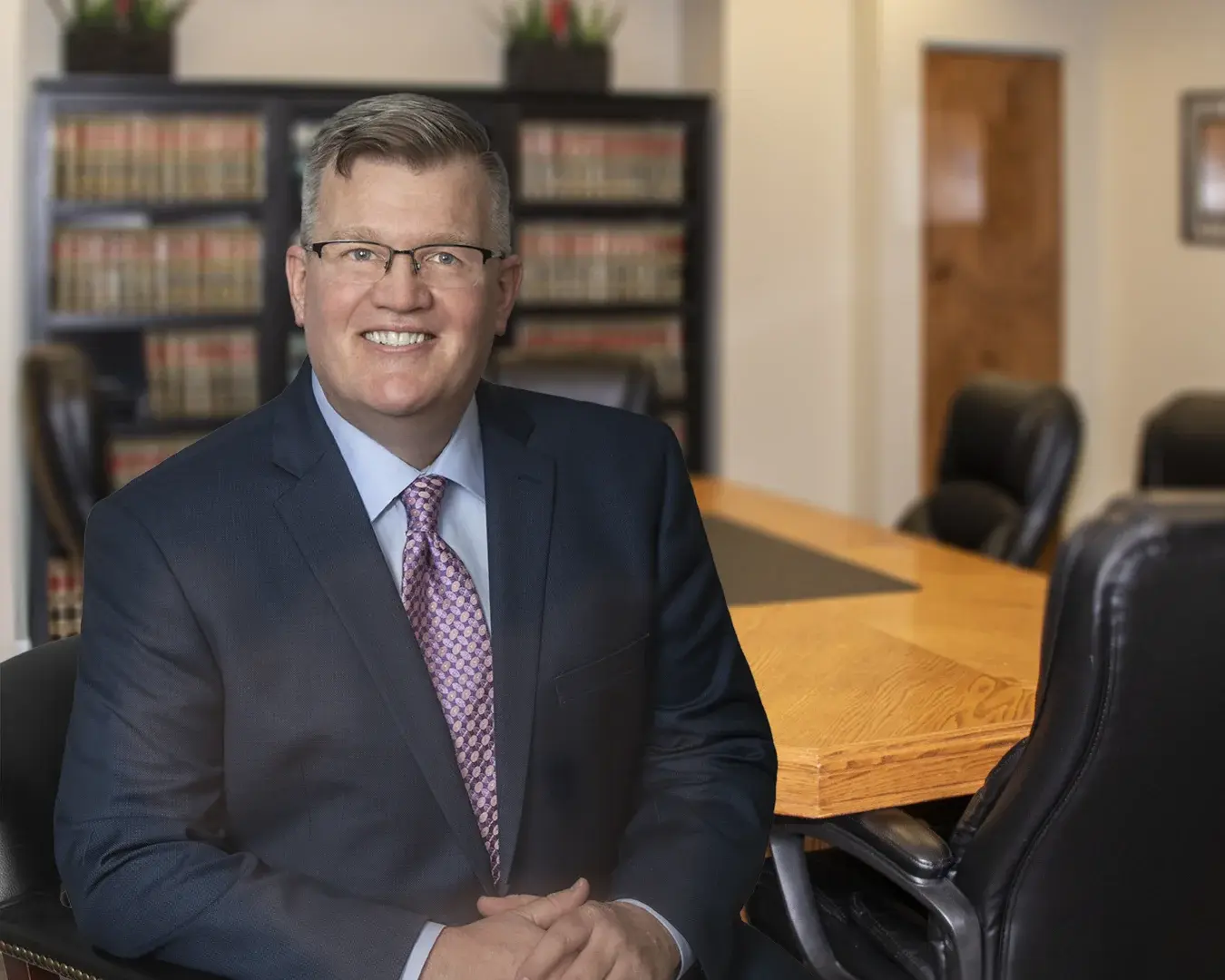Call Our Chicago Personal Injury Lawyers Today for a Free Case Review
You have a right to hire a Chicago personal injury lawyer when you have experienced an injury at the hands of someone else or due to their negligence. You have every right to expect personal safety, especially in businesses, public spaces, and private residences.
Our legal team can advise you on your next steps.
Why Hire a Personal Injury Lawyer
When you hire a personal injury lawyer from our law firm to handle your serious injury case, we can also:
- File your case’s paperwork
- Explain state law and regulations
- Investigate your accident and injuries
- Communicate with the involved parties, their insurers, and their lawyers
- Negotiate a settlement
- Manage your claim and/or lawsuit
To explore your options with The Kryder Law Group, LLC Accident and Injury Lawyers, call today for free. We have the experience, knowledge, and resources to hold liable parties accountable. We can also secure compensation for your losses.
Call us now and find out how our Chicago personal injury lawyers can help you.
What to Expect in a Free Consultation
When you call our personal injury law firm, you can expect a free, no-obligation consultation. You can ask questions and review your rights without worrying about fees or hidden costs.
We understand that you’re probably feeling overwhelmed after an injury. We want to explain the legal process in a way that’s easy for you to understand.
Here’s what you get:
- Your questions answered by a compassionate personal injury attorney
- An honest assessment of your legal options
- A timeline for filing a personal injury claim
- The opportunity to discuss a potential lawsuit
We understand that every case is unique, so we will take the time to listen to your story and provide tailored advice. If you decide to move forward with us, we’ll give you an estimate on the value of your case and what it would cost to hire us.
Don’t wait to get started on your case. Contact The Kryder Law Group, LLC Accident and Injury Lawyers today and learn more about your legal rights after an accident. We are standing by to help you every step of the way.

 (312) 223-1700
(312) 223-1700 






